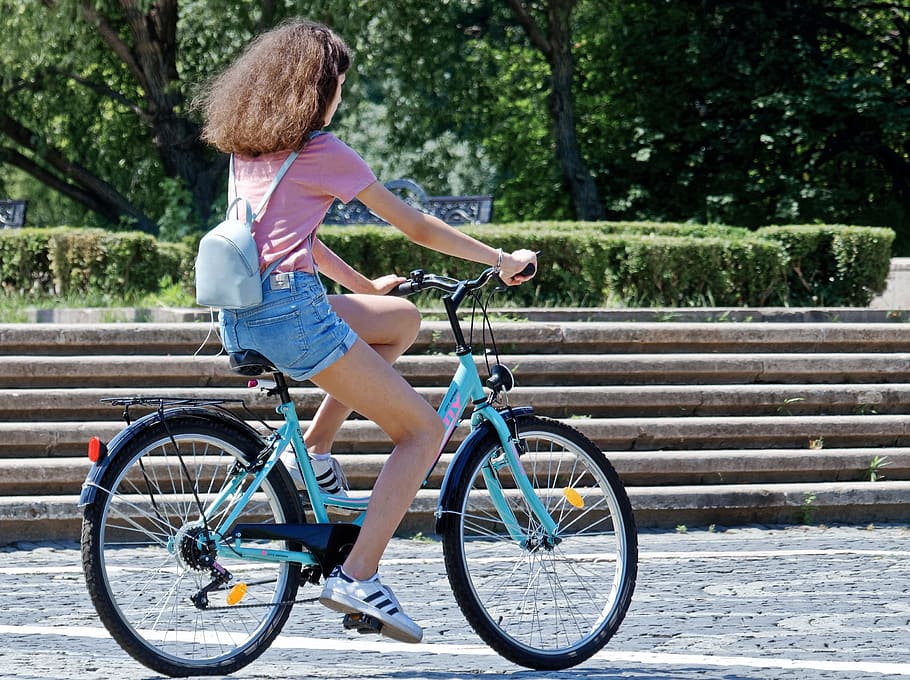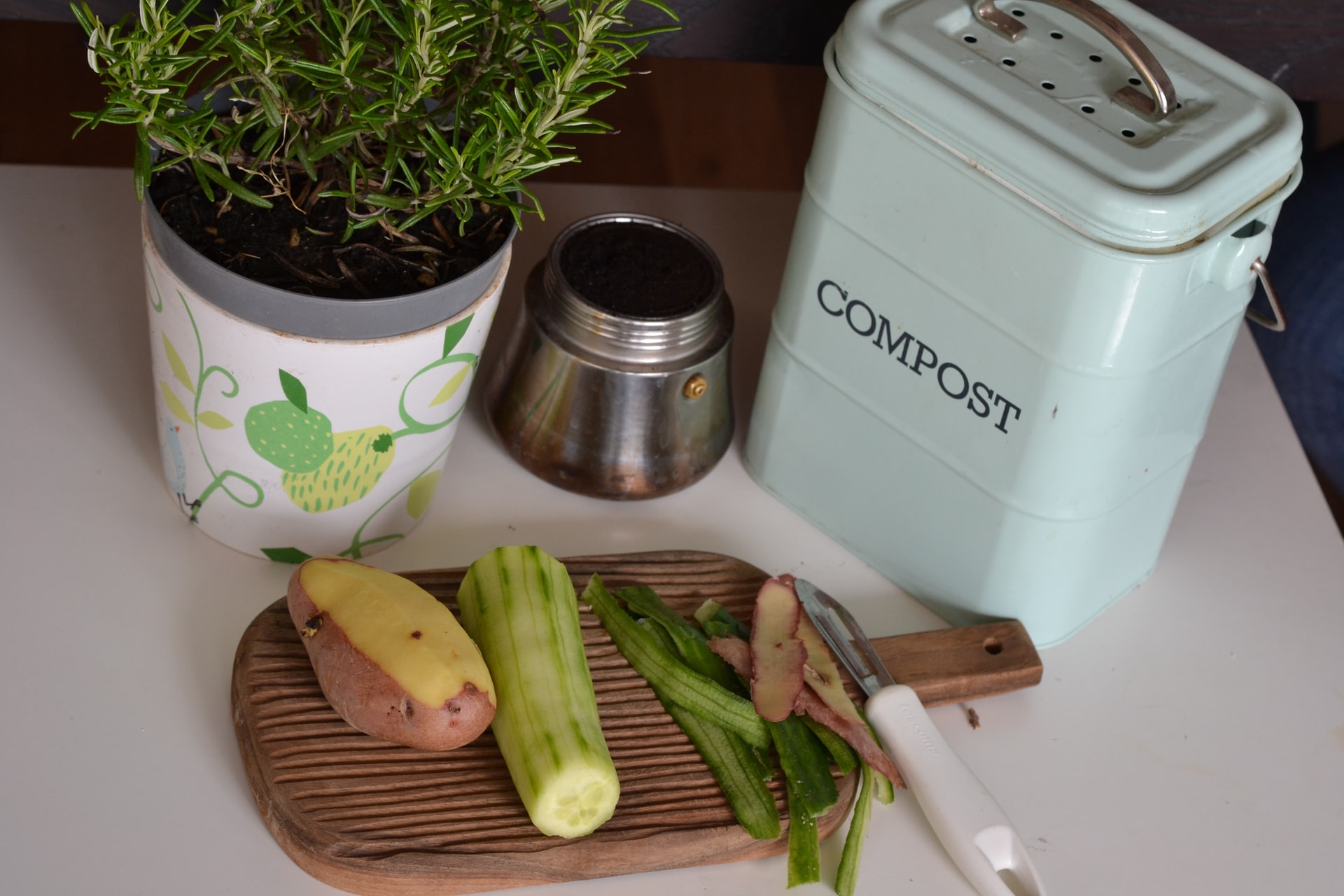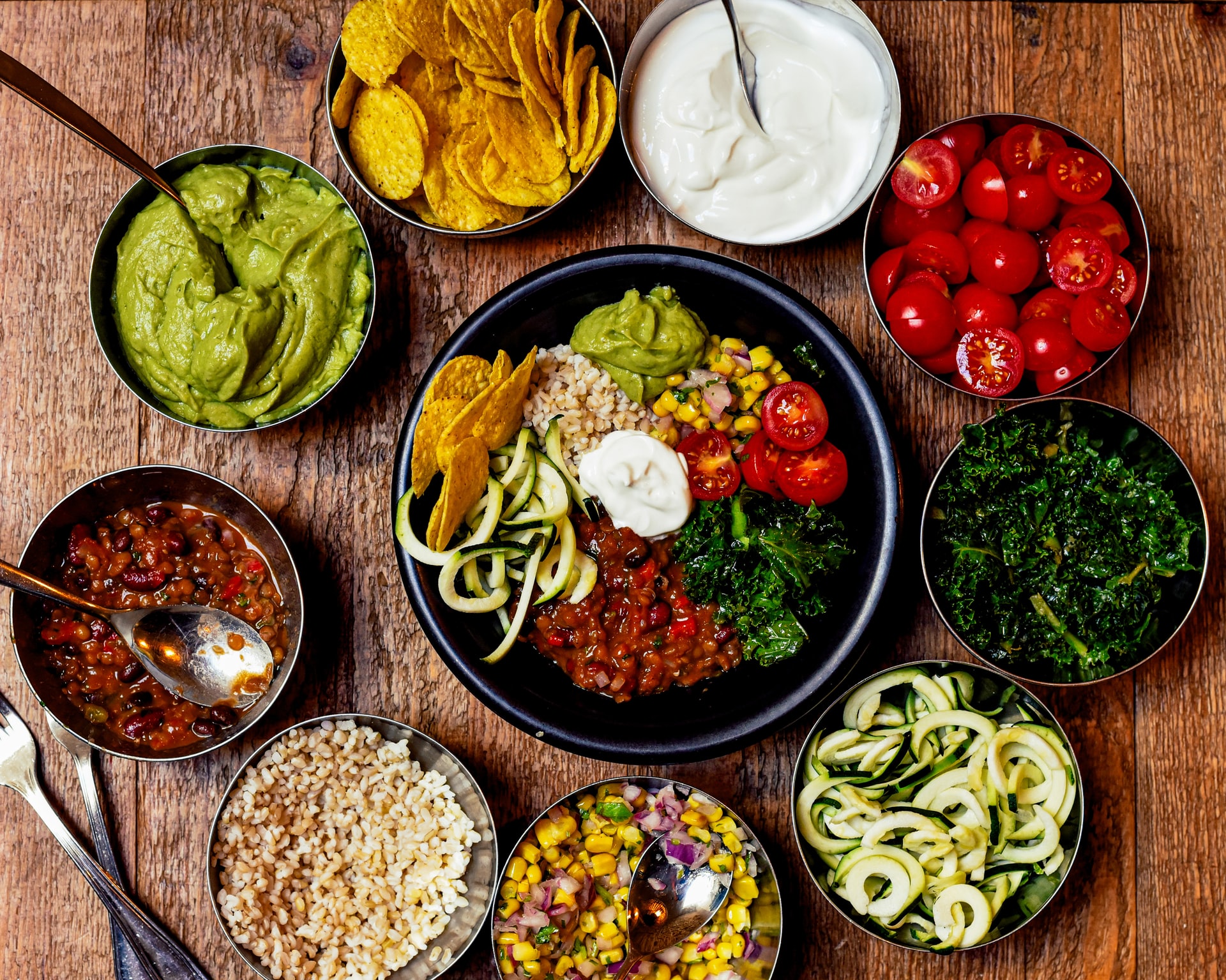In today’s world, the term “sustainability” isn’t just a buzzword; it’s a necessary approach to living that can significantly impact the planet. Adopting an eco-friendly lifestyle doesn’t mean making drastic changes overnight. It’s about making conscious choices that lead to a healthier environment and a better quality of life. Let’s dive into how you can incorporate sustainable practices into your daily routine.
Understanding Sustainability
The Basics of a Sustainable Lifestyle
Sustainability involves living in a way that supports the long-term ecological balance. It’s about understanding how your habits and choices impact the environment and making changes to reduce your carbon footprint. A sustainable lifestyle promotes conservation of resources, reduction of pollution, and overall environmental responsibility.
Sustainable Choices in Daily Life
Eco-Friendly Home Practices
Transforming your home into an eco-friendly space is a great start. Simple measures like using LED bulbs, conserving water, and managing home insulation effectively can make a significant difference. Consider energy-efficient appliances and be mindful of reducing electricity and water usage.
Waste Reduction Strategies
Reducing waste is crucial in sustainability. Embrace recycling and composting. Minimize your use of single-use plastics by opting for reusable bags, containers, and bottles. When shopping, look for products with minimal packaging or those made from recycled materials.
Sustainable Eating Habits
Embracing Plant-Based Diets
Food consumption plays a major role in environmental impact. A plant-based diet, focusing on fruits, vegetables, grains, and legumes, can lower greenhouse gas emissions. You don’t have to become a strict vegetarian, but incorporating more plant-based meals into your diet helps the environment.
Supporting Local and Organic Farming
Buying local produce reduces the carbon footprint associated with transportation. Organic farming practices also support sustainable agriculture by avoiding harmful pesticides and fertilizers.
Eco-Friendly Transportation

Reducing Carbon Emissions in Commuting
Transportation is a major contributor to carbon emissions. Opt for public transportation, carpooling, biking, or walking whenever possible. If you drive, consider the efficiency of your vehicle and how you might transition to a more eco-friendly option, like an electric or hybrid car.
Sustainable Fashion Choices
Conscious Clothing Consumption
The fashion industry significantly impacts the environment. Embrace sustainable fashion by choosing clothing made from eco-friendly materials. Support brands that prioritize sustainability in their manufacturing processes. Also, consider buying second-hand or swapping clothes with friends instead of always buying new.
Green Technology and Innovation
Leveraging Technology for Sustainability
Technology plays a pivotal role in advancing sustainability. Smart home devices can help manage energy consumption efficiently. Solar panels, though an investment, can reduce dependence on non-renewable energy sources.
Investing in Sustainability
Eco-Friendly Financial Choices
Your financial investments can also reflect your commitment to sustainability. Consider investing in green businesses and funds that support environmental initiatives. Your money can contribute to positive environmental change.
Sustainable Community Involvement
Participating in Local Green Initiatives
Engaging in community efforts amplifies your impact. Participate in local clean-up drives, tree planting events, or sustainability workshops. These activities not only contribute to a greener community but also spread awareness.
Nurturing a Sustainable Mindset
Educating Yourself and Others
Stay informed about environmental issues and sustainable practices. Share your knowledge with friends, family, and your community. A collective effort can lead to significant changes.
Charting the Path Forward
As we conclude, remember that embracing sustainability is a journey, not a destination. Every small change you make in your daily life contributes to a healthier planet. Sustainability is about finding a balance that allows you to live a fulfilling life while being mindful of the environment. It’s about being aware of the impact of your choices and making responsible decisions. This journey towards an eco-friendly lifestyle is not only beneficial for the planet but also enriches your life in many ways.
Let’s discuss further! What sustainable practices have you incorporated into your life? Share your experiences and tips in the comments below. Together, we can learn from each other and strengthen our commitment to a greener, more sustainable world.





